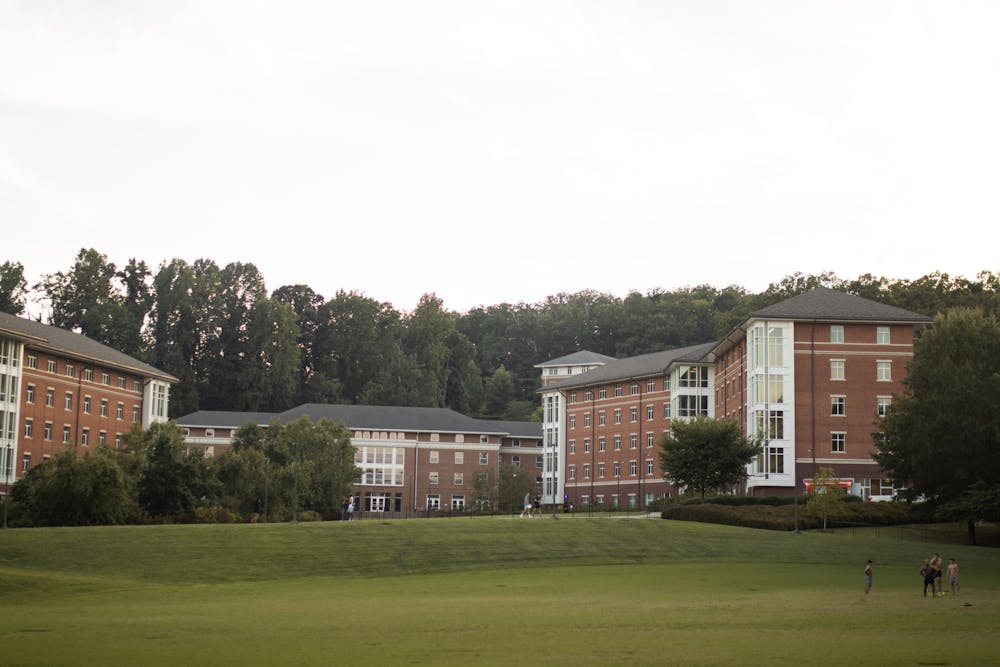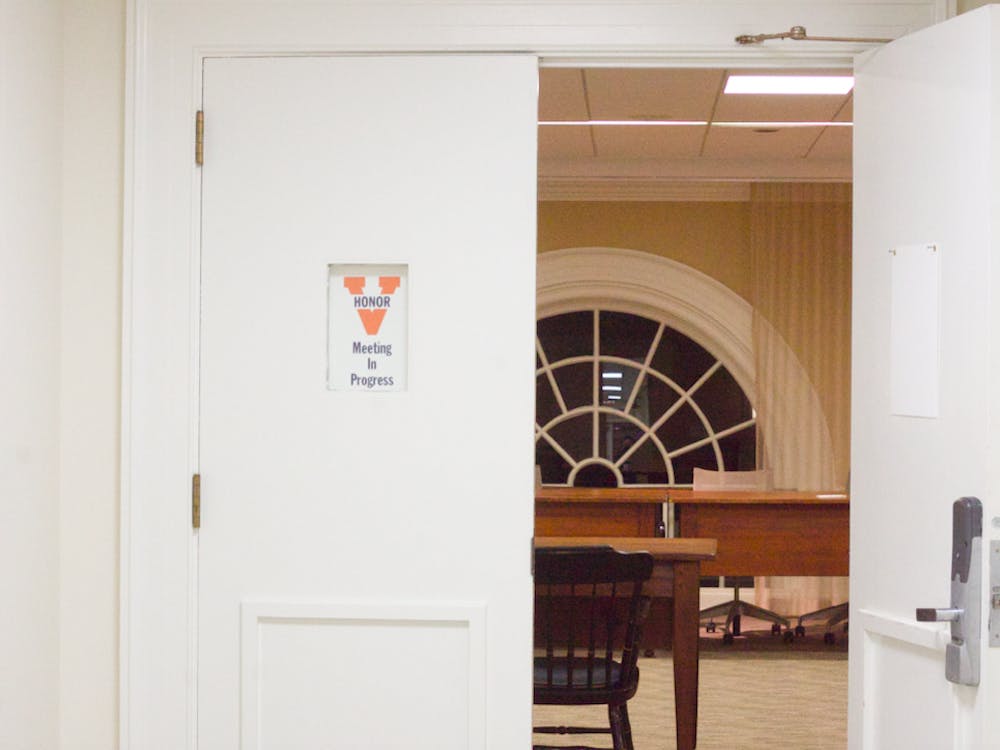Virginia’s declining outside air quality due to climate change has long been a prominent issue in Charlottesville, and its consequences are already reflected in high energy costs and floods that are felt by all members of our community. The Canadian wildfires have already exacerbated poor air quality, resulting in foggy skies and increased levels of pollution — giving us a glimpse into what might be the norm if poor air quality is not taken seriously. It is time the University takes institutional action to prevent negative health consequences and update its HVAC systems to protect students’ health and living conditions.
Despite the obvious risks associated with poor air quality and the increasingly hazardous outdoor air quality in Charlottesville, improving said quality for the long term is seemingly not a priority. Students returning to Grounds in the fall could be subject to constant exposure to harmful health risks inside and outside if the University continues to stall on updating HVAC systems. Students currently on Grounds could already be facing this invisible reality. The University has already recognized that high quality, filtered air can protect students from feeling the hazards of poor outside air quality inside their dorms. Updating HVAC systems is the strongest step the University can take to secure such quality for the many students living in on-Grounds facilities, especially after the wildfires.
Even before the Canadian wildfires, air quality was already an unsolved concern in Charlottesville. Last semester, mold invaded first-year dorms. Students and resident advisors developed alarming symptoms such as an itchy throat and sinus congestion — one student was even hospitalized. The concentrated mold cases in older dorms such as Fitzhugh and Woody show that this is largely out of students’ hands. The current filtration systems in dorms are clearly inadequate to keep our air quality safe, and thus invite mold to grow without notice. Though I agree with Housing and Residence Life’s statement that mold cannot be entirely eliminated from first-year dorms, it is not an excuse for the University to remain complacent regarding an issue that has been associated with their facilities’ inadequacy. Even more importantly, the mold-incurred illnesses seen last semester should not be accepted as the norm of resident life at the University. Students deserve a living space that at bare minimum, will not result in sickness or hospitalization. A stronger, updated HVAC system would be students’ best long-term protection against mold.
The primary purpose of updating indoor HVAC systems this upcoming academic year should be preventing poor indoor air quality from becoming a problem. Many of us former first years remember the musty smell of mold and its dust-like appearance, and even if we could not name it as mold at first, we clearly knew that something was wrong. Yet, while we may be able to distinguish poor air like this on the extreme end, our senses are not finely tuned enough otherwise. In the wake of COVID-19, when the world realized that even poor air undetected by the human nose could transmit this airborne virus, attention towards indoor air quality rose. Organizations now have updated guidelines for what constitutes healthy indoor air quality, including minimum ventilation rates for HVAC systems. Understanding that the University has numerous on-Grounds living spaces, a systematic update of HVAC systems in dorms can ensure a more fail-safe minimum quality, resulting in fewer severe cases of illnesses from poor air quality and more incentive for accountability.
Though Charlottesville may be facing poor outdoor air quality due to larger than life climate change — a topic for a different discussion — the University can do its part to ensure the health and safety of those living and working on Grounds. Updating HVAC systems and conducting reasonably frequent maintenance checks should have already been on the books. With the wildfire pollution, the need is even more dire. The University should learn from last school year and take action, knowing that doing so will not ensure compliance with updated regulatory standards, but ultimately ensure that the students who attend the University have a basic necessity that is crucial to their ability to thrive.
Songhan Pang is an Opinion Writer who writes on Health, Tech, and Environment for The Cavalier Daily. She can be reached at opinion@cavalierdaily.com.






